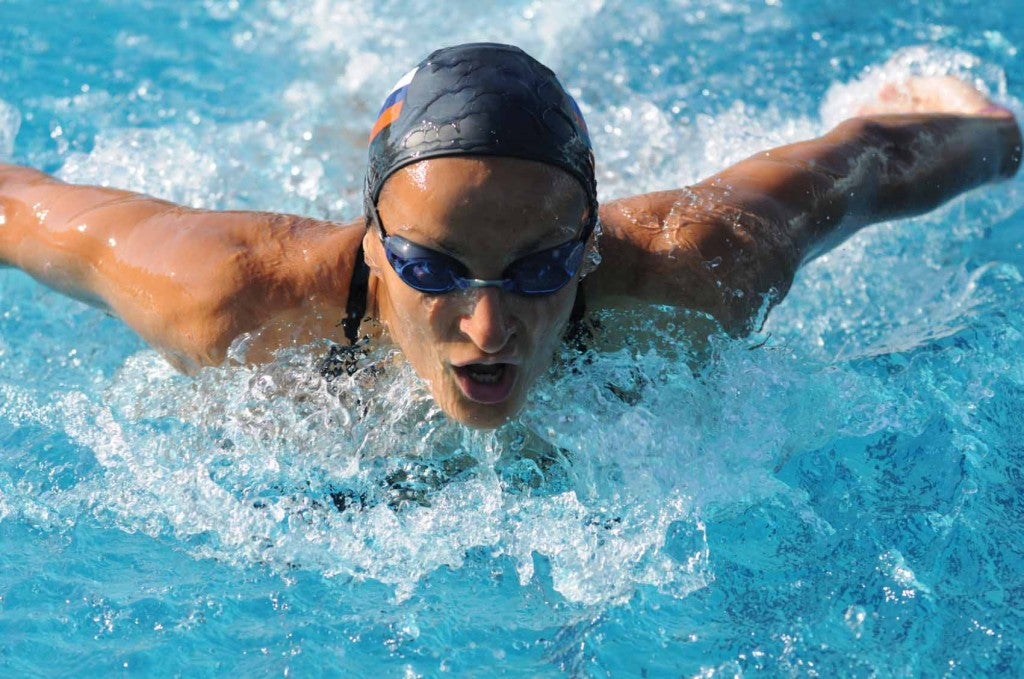Dear Coach: Is There Any Benefit To Learning Other Swim Strokes?

Photo: iStock
Dear coach: Is there any benefit to swimming backstroke, butterfly, and breaststroke in addition to your basic freestyle?
At least once a week, we put together a main set in practice that has our swimmers do significant amounts of non-freestyle swimming. The moans that often erupt tell me a story that has been true throughout my career: While everyone has a weak stroke (or two or three), we have learned that by paying attention to the weakest part of our swimming, we can often make the most improvement. A positive attitude, different expectations, and the effects of cross-training weaker strokes can help to make anyone both a better swimmer and a better triathlete.
A positive approach to swimming the other strokes is crucial. If you think doing a stroke is going to be difficult or painful, it probably will be. If, however, you approach your “off” strokes with a more open frame of mind, you will be much more likely to learn more about it, and to progress more quickly.
Training various strokes will work different muscle groups from those most used in freestyle. This is important for swimmers and triathletes alike because it provides muscular balance, as well as more stability for the muscles surrounding the joints that are most susceptible to swimming injuries (shoulders and knees). We have observed that while most triathletes who train all four strokes may become more tired in our stroke workouts, they are less prone to injury and tend to have much more overall success in their swims at race time.
While many triathletes are “freestyle only” swimmers when they come to us, we encourage them to learn and swim as many of the strokes as they can. With a positive attitude, a cross-training mentality and higher expectations, anyone can transform those other strokes into tools to make greater progress in the swim.